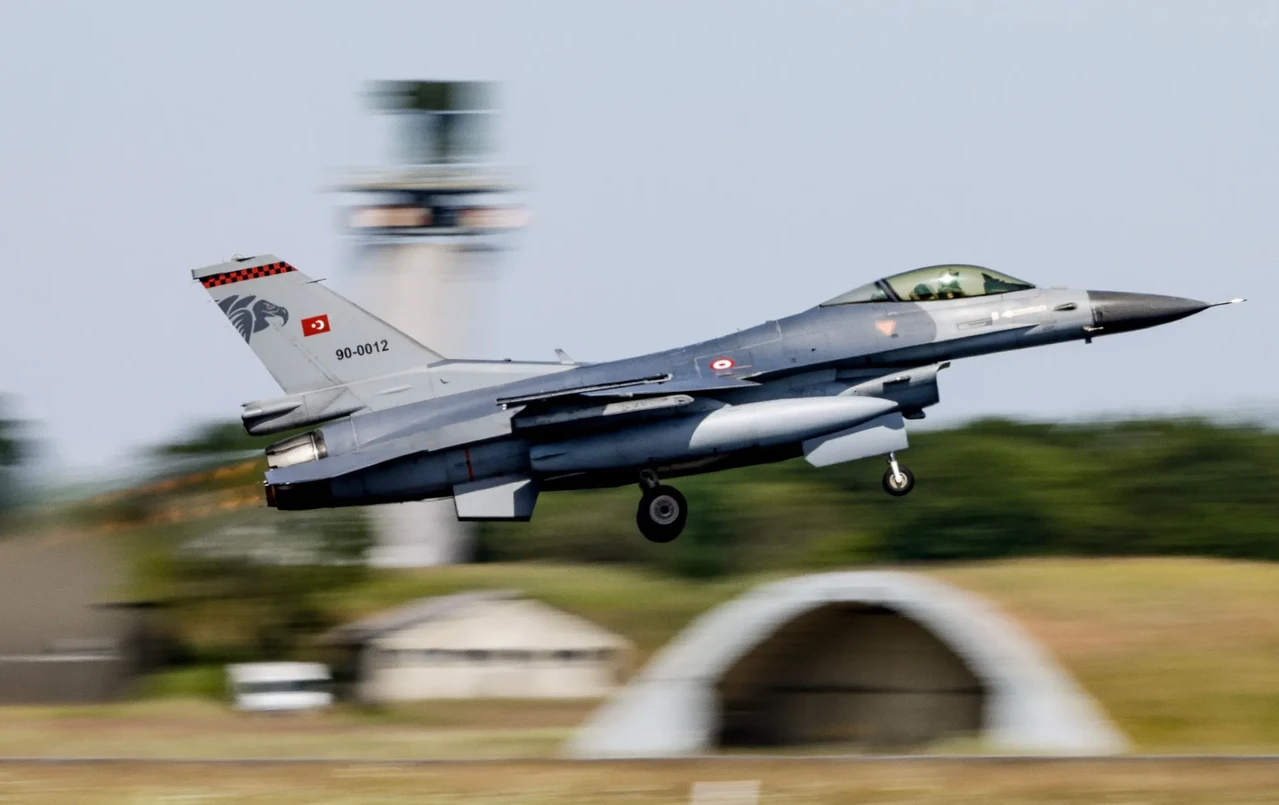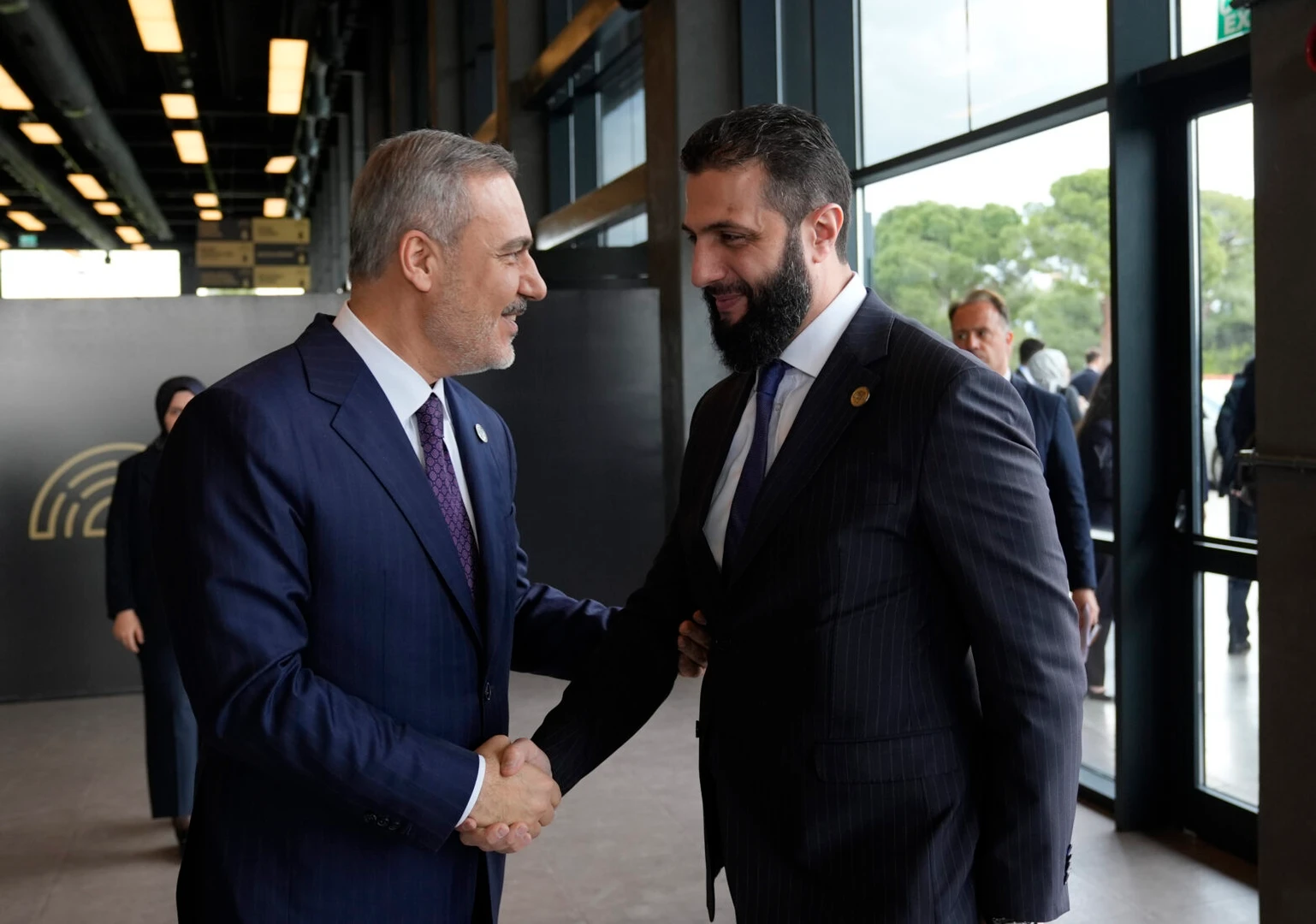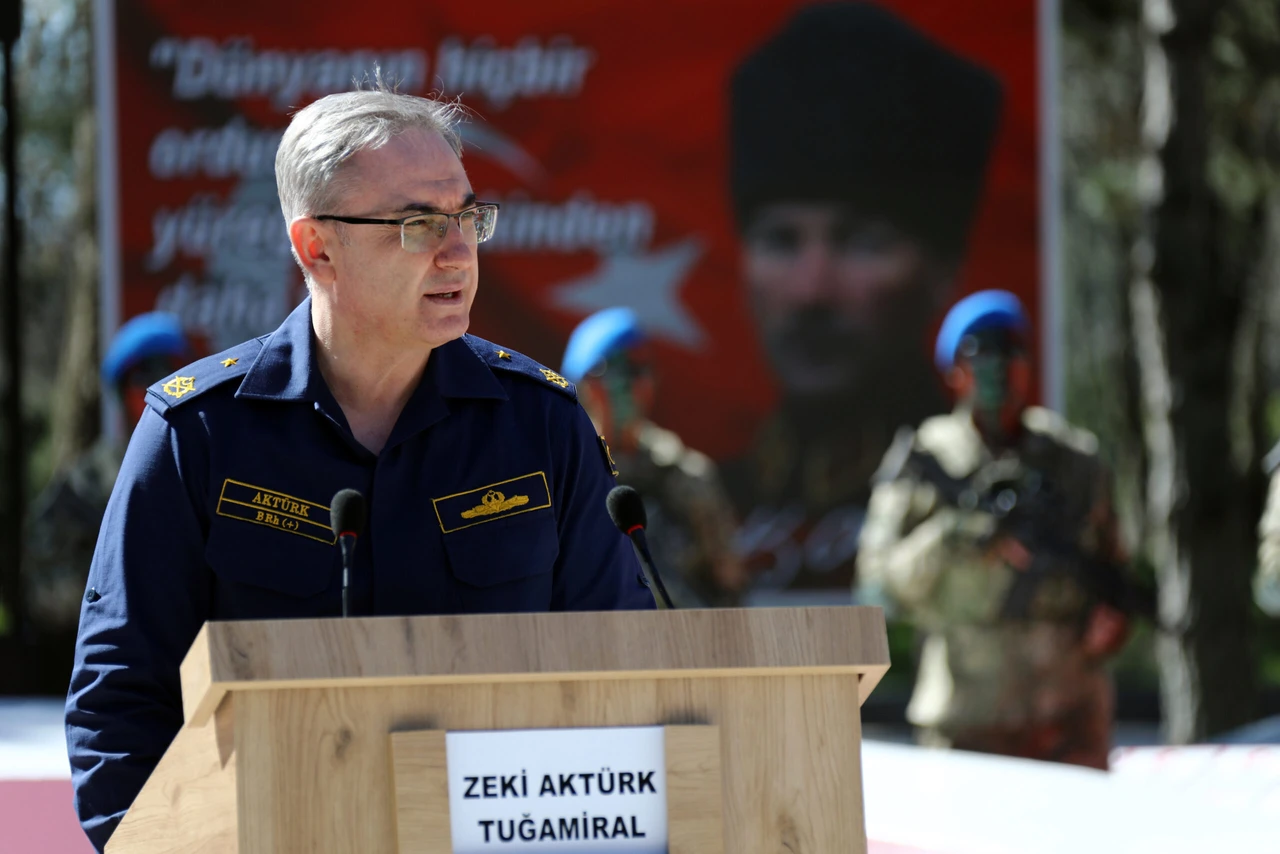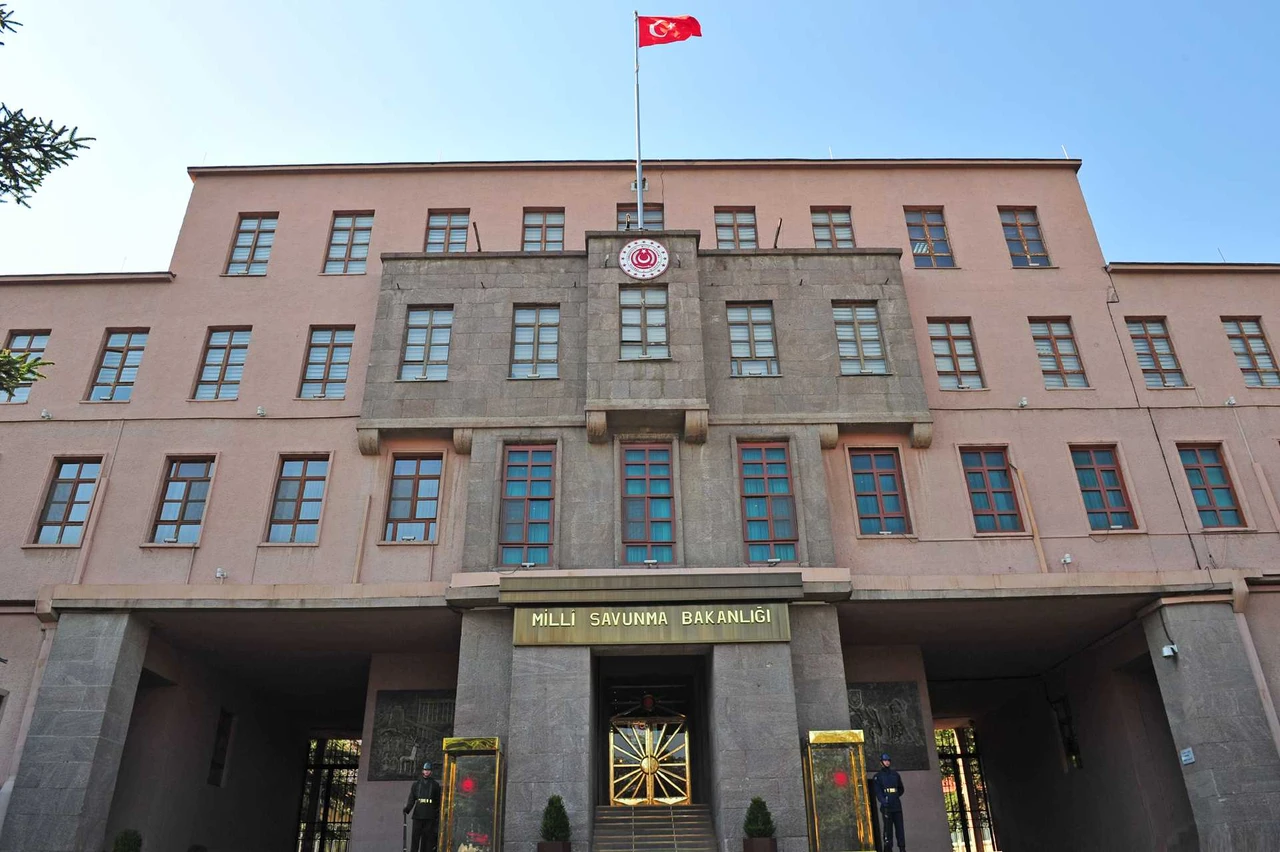FM Fidan warns of possible encounter between Turkish and Israeli jets
 A Turkish Air Force F-16 fighter jet, accessed on November 27, 2024. (AFP Photo)
A Turkish Air Force F-16 fighter jet, accessed on November 27, 2024. (AFP Photo)
Turkish Foreign Minister Hakan Fidan warned Thursday that Turkish and Israeli military jets may encounter each other during operations in the region, calling for a mutual deconfliction mechanism to avoid escalation, similar to existing protocols with the United States and Russia, according to Türkiye Daily.
‘There is a possibility’
Speaking at the ruling Justice and Development Party (AK Party) headquarters in Ankara during a meeting with lawmakers from eastern, southeastern, and Black Sea regions, Fidan responded to questions regarding Türkiye’s foreign policy, NATO, Syria, and relations with the European Union.
“There is a possibility of our jets encountering Israeli jets,” Fidan said. “Just like we have established deconfliction mechanisms with the U.S. and Russia, a similar mechanism should be in place with Israel.”
He emphasized that technical-level contacts are a normal and necessary part of the process.

Syria: PYD agreement and PKK dissolution
On Syria, Fidan stated that the possibility of Turkish and Israeli aircraft operating in overlapping airspaces makes deconfliction essential.
He confirmed that Turkish jets continue operations in Syrian airspace and noted a recent development involving terrorist groups.
“The PYD has reached an agreement with Syria. We are monitoring its implementation closely,” Fidan said. “We expect the PKK to comply with the call for dissolution.”
The PYD/YPG, also referred to as the SDF, is the Syrian offshoot of the PKK terrorist organization. PKK is listed as a terrorist organization by Türkiye, the U.S. and the EU. Türkiye also considers YPG as an extension of the PKK in Syria.
PKK also has offshoots and affiliates in Iran, Syria and Iraq. KCK, headed by imprisoned Ocalan, is the same as the PKK. “KCK” is “PJAK” in IRAN, “Tawgari Azadi” in Iraq and PYD/YPG in Syria.
Turkish Foreign Ministry says that PYD/YPG was set up under the PKK’s control in 2003.
“They share the same leadership cadres, organizational structure, strategies and tactics, military structure, propaganda tools, financial resources and training camps,” the ministry stated.

US role in Gaza and Israel policy
Addressing the Gaza conflict, Fidan said Türkiye is closely engaging with Arab states and monitoring developments.
“The biggest problem is a nuclear-armed country like the U.S. standing behind Israel,” he said. “Israel’s strategy is bombing, starvation, and forced migration. The region must convince the U.S. to shift its stance.”
He also commented on U.S. President Donald Trump’s reported plan to control Gaza and forcibly displace Palestinians, describing it in the context of current challenges in the region.

Azerbaijan-Armenia and Russia-Ukraine developments
Fidan also addressed regional diplomacy in the Caucasus and Eastern Europe. He expressed optimism about peace efforts between Azerbaijan and Armenia.
“We expect the signing of a peace agreement and the opening of transport and trade corridors,” he said.
He also commented briefly on the war in Ukraine, stating that Kyiv appears closer to a peace resolution.



